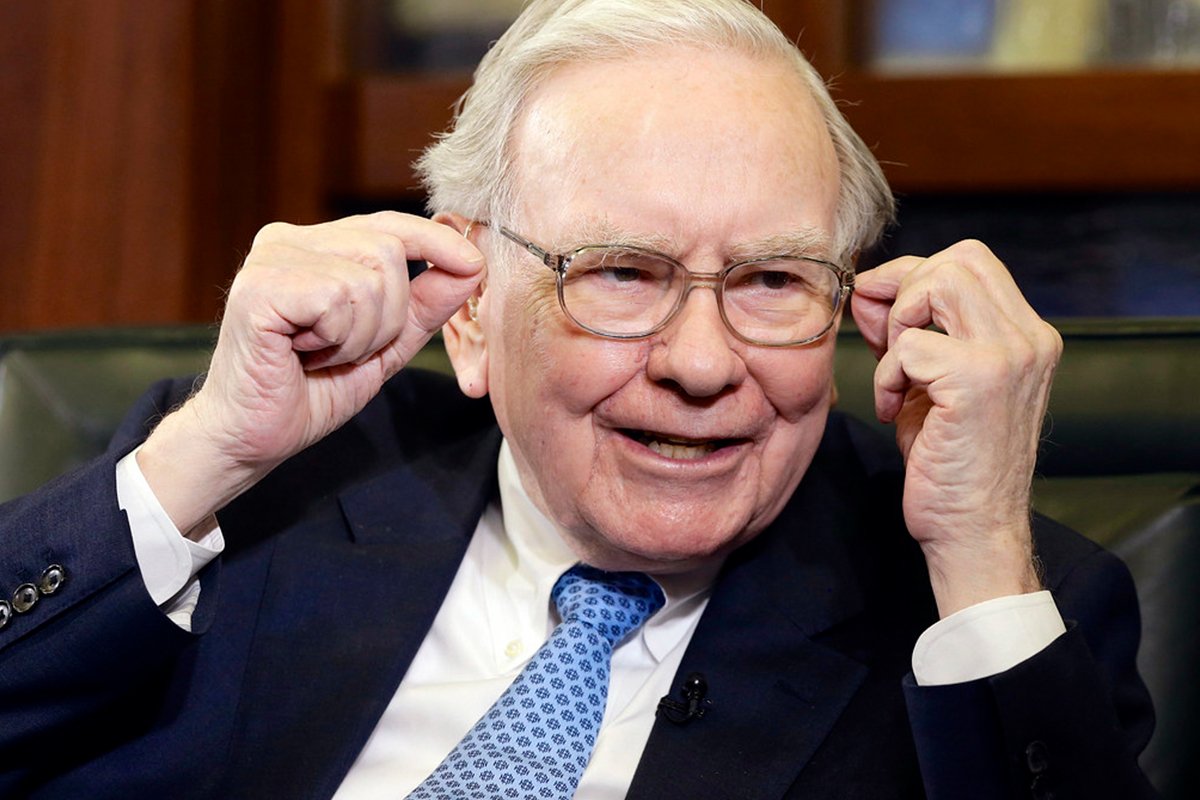Berkshire Hathaway Reduces Bank of America Stake, Sells $767 Million in Shares
30.07.2024 20:00 1 min. read Alexander Stefanov
Warren Buffett's Berkshire Hathaway, Inc. is reducing its stake in Bank of America Corp., one of its key investments. On Monday, the firm announced its third sale of Bank of America shares this month.
Berkshire Hathaway sold 18.42 million shares of Bank of America, valued at approximately $767 million based on the average price of recent transactions. Despite this reduction, the company retains 961.65 million shares, representing a 12.49% ownership in the bank.
Earlier this month, Berkshire also sold:
- 18.90 million shares for about $802.49 million (announced on July 24)
- 33.89 million shares worth $1.48 billion (announced on July 19)
In total, Berkshire’s sales of Bank of America shares this month amount to 71.21 million shares, valued at $3.24 billion.
As of mid-May, Berkshire Hathaway’s 13-F filing showed a substantial holding in Bank of America, totaling 1.03 million shares worth $39.17 billion at the end of the first quarter. The firm’s portfolio remains heavily weighted in five major stocks: Apple Inc., American Express Co., Coca-Cola Co., Chevron Corp., and Bank of America.
This selling activity occurs amid a favorable outlook for financial stocks, with expectations that the Federal Reserve may lower interest rates, which could enhance Bank of America’s profitability through improved net interest margins and increased trading revenues.
-
1
Trump Imposes 50% Tariff on Brazil: Political Tensions and Censorship at the Center
10.07.2025 7:00 2 min. read -
2
Key Crypto Events to Watch in the Next Months
20.07.2025 22:00 2 min. read -
3
USA Imposes Tariffs on Multiple Countries: How the Crypto Market Could React
08.07.2025 8:30 2 min. read -
4
UAE Regulators Dismiss Toncoin Residency Rumors
07.07.2025 11:12 2 min. read -
5
Ripple Selects BNY Mellon as Custodian for RLUSD Stablecoin Reserves
09.07.2025 15:28 2 min. read
Two Upcoming Decisions Could Shake Crypto Markets This Week
The final days of July could bring critical developments that reshape investor sentiment and influence the next leg of the crypto market’s trend.
Winklevoss Slams JPMorgan for Blocking Gemini’s Banking Access
Tyler Winklevoss, co-founder of crypto exchange Gemini, has accused JPMorgan of retaliating against the platform by freezing its effort to restore banking services.
Robert Kiyosaki Warns: ETFs Aren’t The Real Thing
Renowned author and financial educator Robert Kiyosaki has issued a word of caution to everyday investors relying too heavily on exchange-traded funds (ETFs).
Bitwise CIO: The Four-Year Crypto Cycle is Breaking Down
The classic four-year crypto market cycle—long driven by Bitcoin halvings and boom-bust investor behavior—is losing relevance, according to Bitwise CIO Matt Hougan.
-
1
Trump Imposes 50% Tariff on Brazil: Political Tensions and Censorship at the Center
10.07.2025 7:00 2 min. read -
2
Key Crypto Events to Watch in the Next Months
20.07.2025 22:00 2 min. read -
3
USA Imposes Tariffs on Multiple Countries: How the Crypto Market Could React
08.07.2025 8:30 2 min. read -
4
UAE Regulators Dismiss Toncoin Residency Rumors
07.07.2025 11:12 2 min. read -
5
Ripple Selects BNY Mellon as Custodian for RLUSD Stablecoin Reserves
09.07.2025 15:28 2 min. read


